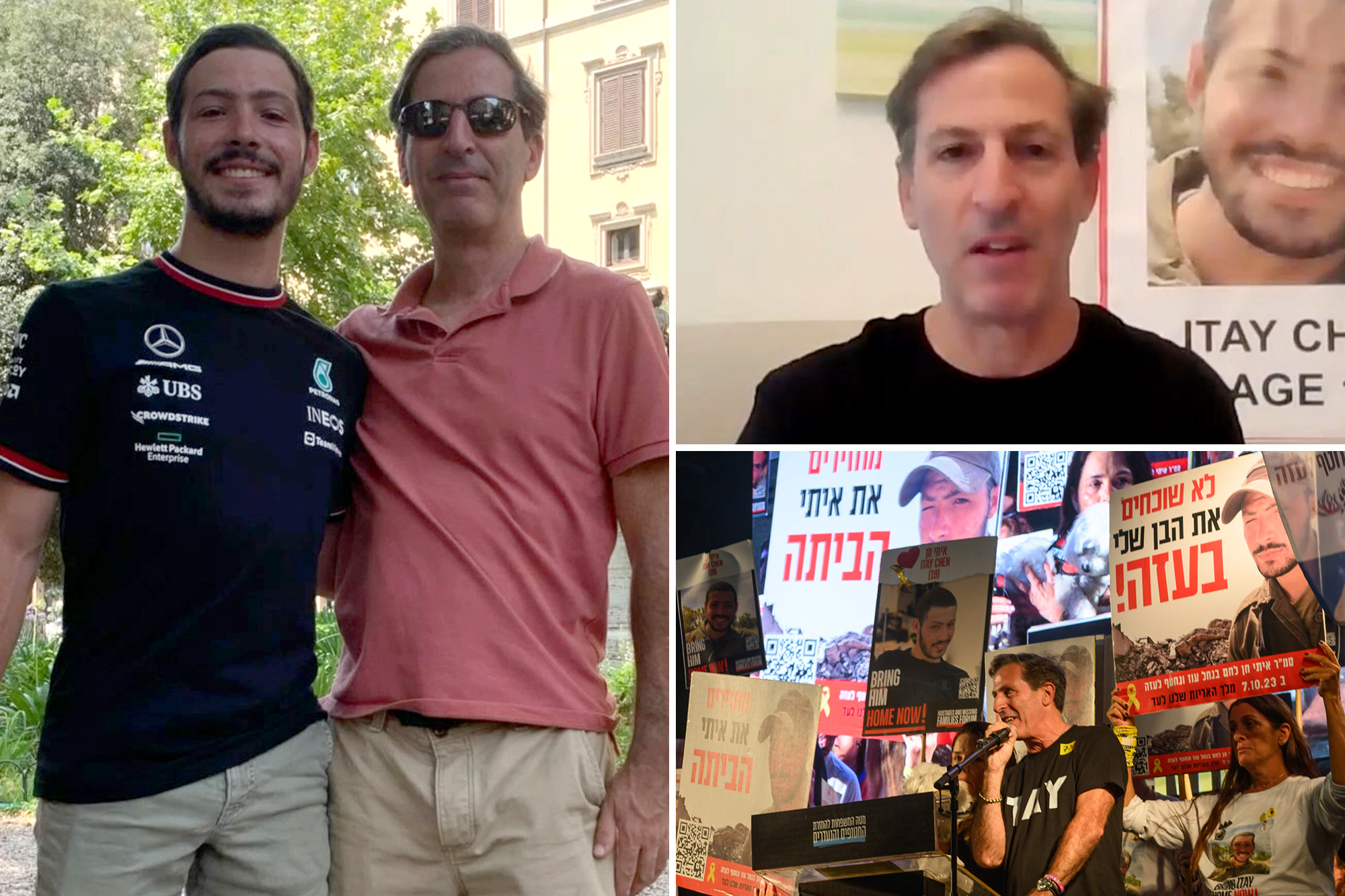In a poignant display of hope amidst despair, Ruby Chen, the father of an Israeli-American believed to be murdered by Hamas, continues to pray for “a miracle” that his son, Itay Chen, may still be alive. The 19-year-old’s family received communication from the Israel Defense Forces (IDF) indicating that he was among those killed, yet they lack definitive proof of his death. Ruby Chen expressed his uncertainty, stating, “The knowledge of the IDF that indeed he was killed, we do not have that physical evidence. That’s missing,” during an interview with CNN.
As the anticipated handover of hostages approaches, scheduled for Monday, Ruby Chen’s anxiety is palpable. He remains hopeful that the situation may offer unexpected news. “That leaves some sort of doubt that hopefully, even tomorrow, there might be some sort of surprise for us,” he remarked. Itay Chen is among the 48 hostages expected to be released in a President Trump-brokered exchange between Israel and Hamas, which is set to include 20 individuals believed to be alive.
The distressing situation has cast a long shadow over Ruby Chen and his family since they were informed on March 2, 2024, that Itay was presumed dead. The IDF identified him as a member of the Armored Brigade’s 75th Battalion, reportedly killed by Hamas near the Gaza border. The uncertainty surrounding his fate resonates deeply with the families of the other 25 hostages presumed dead, as well as the two whose status remains unknown. Ruby described the emotions surrounding the impending exchange as “a mixed bag,” torn between celebration for those who will be reunited and sorrow for those who may not.
“On one hand, excitement for those that will be able to hug their loved ones. Anticipation that finally this chapter of the people of Israel that began two years ago will finally come to an end,” he explained. “On the other hand, the anxiety that some of the 28 families will not be reunited with their loved ones and will still be stuck in this chapter.”
In preparation for the potential release, Israel’s National Institute of Forensic Medicine has stated it is ready to utilize advanced technology, including fingerprints, dental matching, and DNA extraction, to identify any recovered bodies. This process may take several days, with families of the captives set to receive information from the Israeli Health Ministry first.
The last hostage exchange faced significant backlash when Hamas mistakenly delivered the body of an unidentified Palestinian woman instead of that of slain mother Shiri Bibas, an incident that sparked global outrage and threatened the fragile ceasefire agreement.
As the potential release of hostages draws near, the heart-wrenching realities faced by families like that of Ruby Chen highlight the deep emotional toll of this ongoing conflict.
